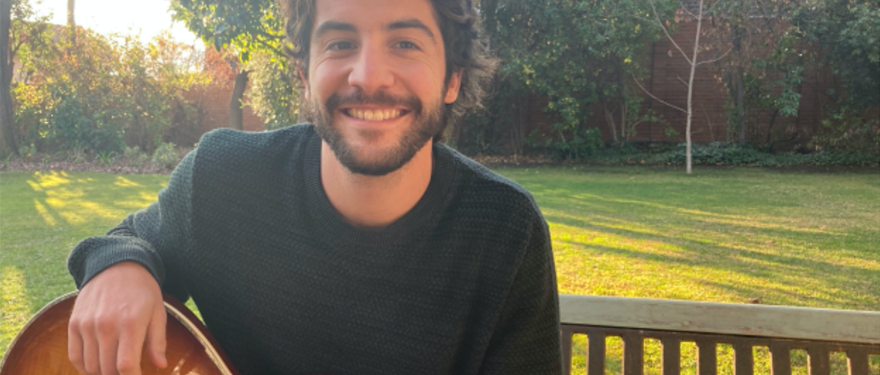The HBS Summer Fellows Program enables students to apply their classroom training as they explore career opportunities in roles or regions where compensation is generally lower than the traditional MBA level. This summer, we are connecting with some of our 59 Social Enterprise Summer Fellows, who are working around the world to develop skills and knowledge while having significant responsibility and high impact.
What are you working on this summer?
I am working at The Juilliard School as a Strategy and Revenue Intern in the office of the COO. The School is a leader in performing arts education, and its mission is providing the highest caliber of artistic education for gifted musicians, dancers, and actors from around the world. Currently more than 800 artists from 38 countries and regions are enrolled.
I have three main projects: updating and structuring the School's strategy, developing new programs and creating the institutional research function. These three projects are aimed to make Juilliard the best version it can be to past, current and future students, which ties directly to the future of performing arts.
Why did you choose this internship for the summer?
Through my time at HBS I've reflected deeply about what I want for my future, and it's been a tough question to answer. I've never been a fan of the "where do you see yourself in five years" question because as I've grown I've changed significantly how I think, so I could be a drastically different person in answering that question five years from now. At this point, I decided the best I could do was work in a role that is at the intersection of my professional skills and personal interests.
I usually bet more on what I think than what I feel, but for my summer internship, I decided to swap this around. I felt that I've been on a traditional career track until now, so I thought this was a good opportunity to do something different, specially since I view the internship as a time to explore.
My conclusion was that I wanted to work on something that filled me with purpose. I love music and acting, and I'm passionate about education, so a school for performing arts made a lot of sense to me. I have a background in consulting and retail, so a strategy / revenue position also seemed to fit. Interestingly, I even thought about applying to Juilliard as a student in the not so distant past. It's funny how life works sometimes.
What are your goals for this summer?
My goal is to leave Juilliard an even better place for its students than when I found it, helping it chart the path for the performing arts. I hope to be able to develop new exciting programs that allow people to grow, the same as the arts do for me.
I'm currently enjoying the position tremendously, so I would like to continue being involved in the performing arts and education in some capacity after my MBA is finished.
How has your MBA skillset prepared you to be successful in this role?
The first thing I asked my boss was: "where can I find the financial statements?". Even though it’s not completely related to my job, the financial knowledge I attained as a first-year student has helped me understand the School a lot better. All of the prep work regarding Juilliard's numbers allowed me to understand more profoundly the decisions the executives made, gave me more context for my job, and gave direction to my questions. The knowledge HBS has provided put me in great position to learn a lot from these types of statements.
Additionally, leadership courses also helped, because they presented me with what I consider to be the hardest problems: people problems. What has been useful from leadership courses is that they allow me to reflect on what type of leader I am and the one I want to become, and I think that is crucial to know before working. If you don’t determine what your values and leadership traits are beforehand, then circumstances will.
Finally, the case method, particularly the pressure to voice your opinion in a room full of very capable people, has made me grow a lot. When you think there is only one very clear answer to a problem, you'll usually have a number of dissidents in the classroom that will oppose you, and might very well convince you. This made me confident that it's hard to find a blatantly wrong opinion, it is much more about reasoning, so work, more than being right or wrong, is about having a strong thought process behind your thinking and being able to defend and mature it with others.
How as the summer influenced your thinking on future involvement in social enterprise?
It has allowed me to come face to face with social issues in education from a business lens. I've understood how our MBA education is an asset in social enterprise ventures, since these types of organizations have a high need for business skills.
I definitely want to continue being involved in some capacity, since this type of work has been substantially fulfilling to me. Opportunities to help society develop in meaningful ways are numerous, the challenge is to decide which one is most meaningful to me.
How can someone learn more about your organization?
Visit the School's website and Instagram.
This story was originally published on the Social Enterprise Impact Insights blog.

